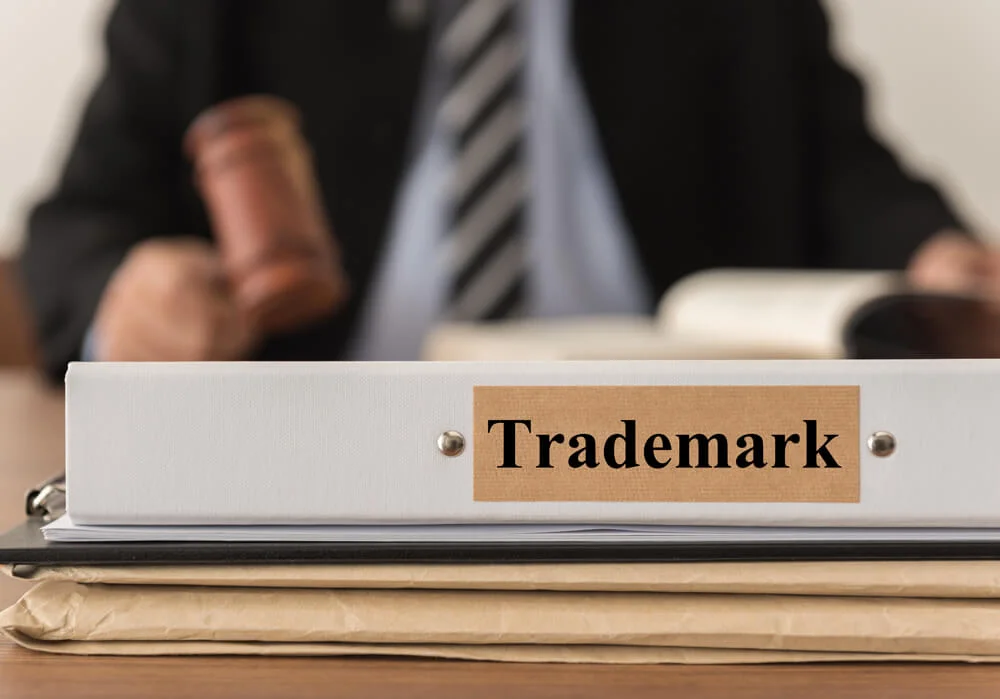A good, original trademark is unique. The stronger the trademark is, the lesser the chance your application for registration will be denied because it is unlikely to cause a consumer confusion when looking at the trademark. Additionally, a strong trademark is unlikely to face legitimate theft/usage by a third-party because the very nature of a strong trademark shows that it is different from all others.
The United States Patent and Trademark Office (USPTO) defines a weak trademark as something “descriptive” and is already being used by others to describe their goods and/or services. A weak trademark makes it “difficult and costly to try to police and protect” due to its generic nature.
Generally, marks fall into one of four categories: fanciful or arbitrary, suggestive, descriptive, or generic.
FANCIFUL OR ARBITRARY
Fanciful marks are invented words with no other known meaning. Arbitrary marks are actual words with a known meaning that have no association/relationship with the goods protected.
Simply put, if you want your trademark to stand out and stay protected, it will have to be different. Apple, Inc. is a perfect example of arbitrary usage. A physical apple has nothing to do with a computer, but its arbitrary nature is what makes the trademark so strong.
SUGGESTIVE
The next level down is a suggestive mark. As the name implies, this is a trademark that does not specifically describe the good or service, but its title leads one to reasonably conclude the trademark and the good or service are connected. For example, Under Armor is a fairly suggestive trademark for its clothing line.
DESCRIPTIVE
A descriptive trademark does exactly what it says it does. “Paul’s Plumbing Services” is a descriptive trademark because anyone who reads it will know exactly what type of company Paul runs.
GENERIC
Finally, a generic mark is the weakest form of a mark because it simply uses the word of the good or service as its trademark. In fact, these “trademarks” are not legally trademarks because it would be unreasonable to prohibit use by third parties of something as generic as, say, “Milk.” Anyone can use a generic mark, but do not expect any protection from it.
In conclusion, for the strongest trademark protection take the time to come up with a fanciful or arbitrary name, logo or phrase for your company if you want to ensure strong trademark protection. And as always, consult legal counsel to help you in this process.

